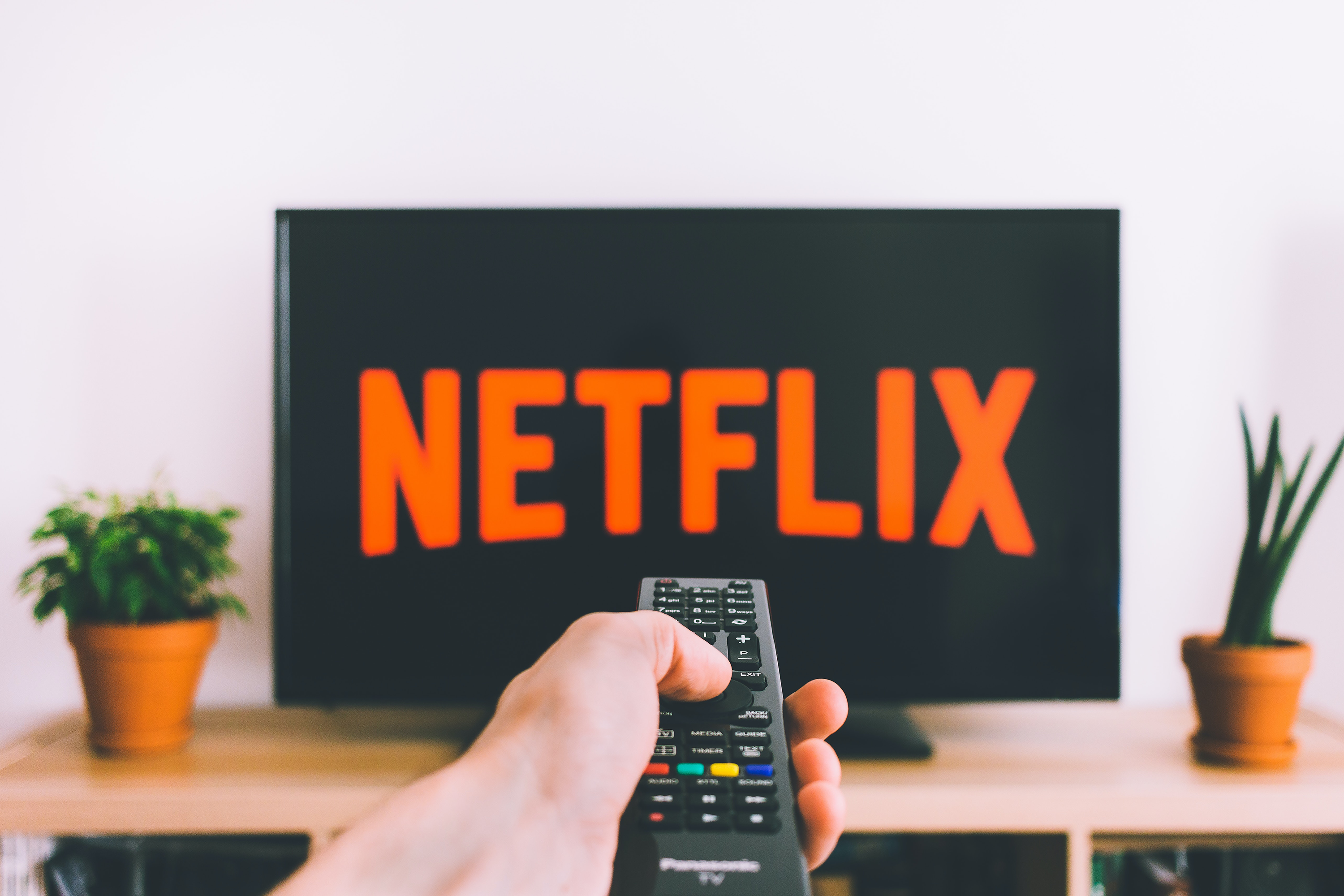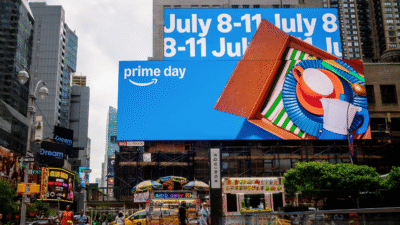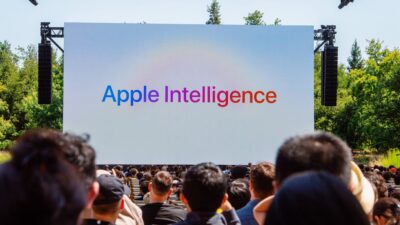Hollywood Streamers Suddenly Want to Pay Stars Like the Good Old Days
The big services are working on a structure that will weigh factors such as viewership time, production budget, and new subscriptions added.

Sign up for smart news, insights, and analysis on the biggest financial stories of the day.
Like the son becomes the father, tech disruptors eventually get disrupted.
After years of turning Hollywood’s traditional compensation model upside down — with large upfront payments instead of success-based compensation — Netflix, Apple, and Amazon are rethinking, per a recent Bloomberg report.
Take the Money and Run
In a recent interview with The New York Times, Netflix co-CEO Ted Serandos described many of the streamer’s early market-expansion tactics as “counterpositions” — Blockbuster had late fees, so Netflix’s DVD-by-mail business did not; television had ads, so Netflix’s streaming business did not. Luring talent for original programming with comfortable upfront paychecks was a similar idea and helped turn Netflix into a dominant producer and purchaser of films and television series. But after a decade of the streaming status quo, talent began to sour on the deal. The actor and writer strikes last year occurred largely because both labor guilds felt talent wasn’t sharing in the success they created for streamers. Both guilds eventually won some performance-based concessions in their new contracts. And now, according to Bloomberg, Netflix, Apple TV+, and Amazon — perhaps because of ballooning budgets — are leaning even further into the model.
The question that naturally arises is one of transparency, another key concern of last year’s strikes. Box office figures have always been tangible, as have broadcast and cable TV viewership thanks to third-party firms like Nielsen. But streamers have been far more secretive; Apple doesn’t even publicly report how many subscribers Apple TV+ has. And therein lies the central tension of the pivot to results-based compensation:
- According to an internal memo seen by Bloomberg, Apple is developing a payment structure that will weigh factors such as viewership time, production budget, and new subscriptions added. Netflix and Amazon, meanwhile, are still sorting through similar metrics.
- But without significantly increasing transparency, streamers could face headaches. “When you do a deal with a studio… and you have a back-end, you have audit rights to send in qualified accountants to see if you’ve been given a fair and accurate accounting,” Stephen Saltzman, an entertainment attorney and partner at Fieldfisher who represents both producers and creative talent, told The Daily Upside. “Is that something that the streamers are going to permit in the same manner?”
Grab the Reins: Another potential pitfall for talent that Saltzman flagged: Algorithmic recommendations and on-platform marketing give streamers a strong hand in what programming becomes successful. Then again, Netflix just saw its splashy, and quite expensive, sci-fi series “3 Body Problem” largely fizzle, just as its scantly marketed “Baby Reindeer” became a surprise hit. Even with a treasure trove of user data, Hollywood has returned to the old maxim made immemorial by legendary screenwriter William Goldman: “Nobody knows anything.” At least Netflix knows it doesn’t want to pay for everything like it’s a modest hit.











